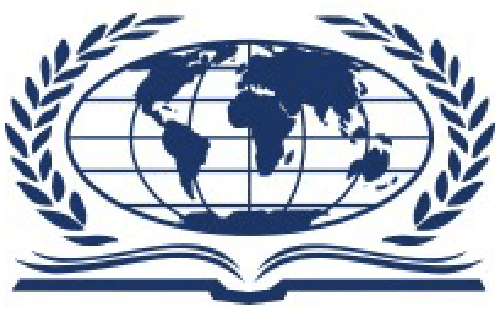Welcome to the SDG Awards, a distinguished recognition program honoring the remarkable contributions of individuals, organizations, and initiatives in championing the United Nations’ 17 Sustainable Development Goals (SDGs).

Peacekeeper Training: Provides accessible e-learning courses on peacekeeping, humanitarian relief, and security operations, helping to build the capacity of military, police, and civilians.
SDG Awards, hosted by the SDG Alliance of the European Technology Chamber since 2019.